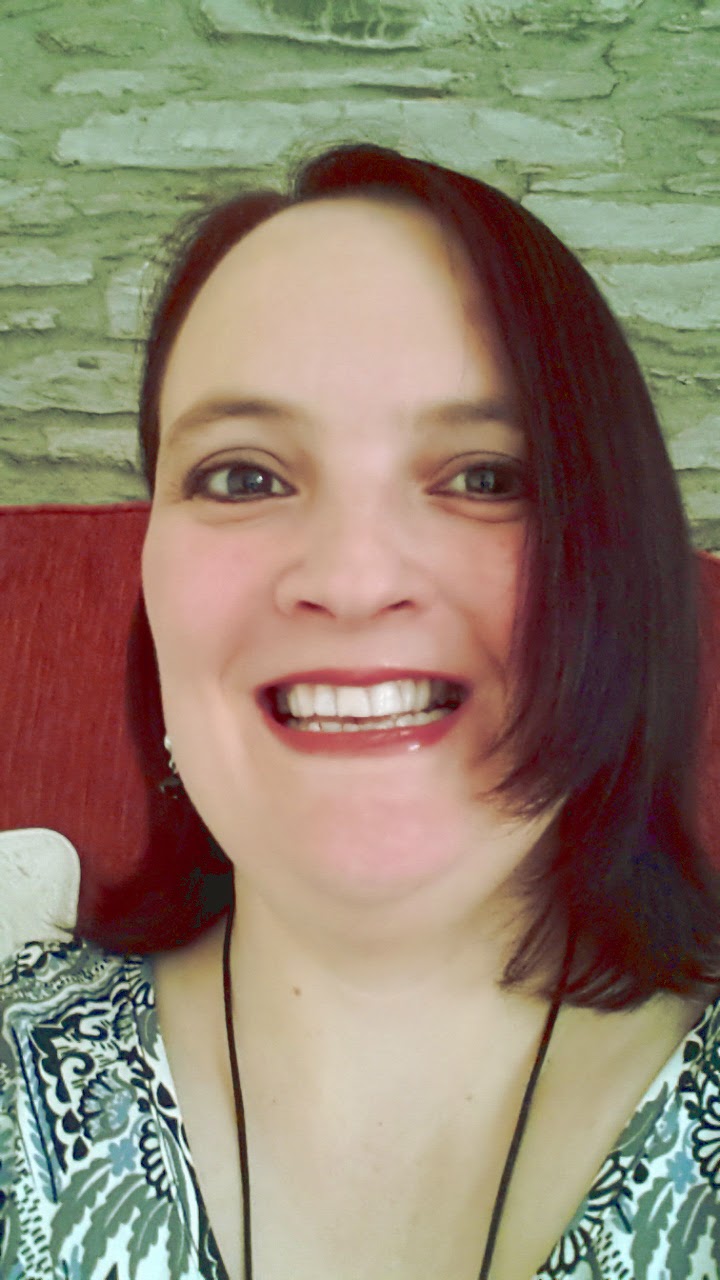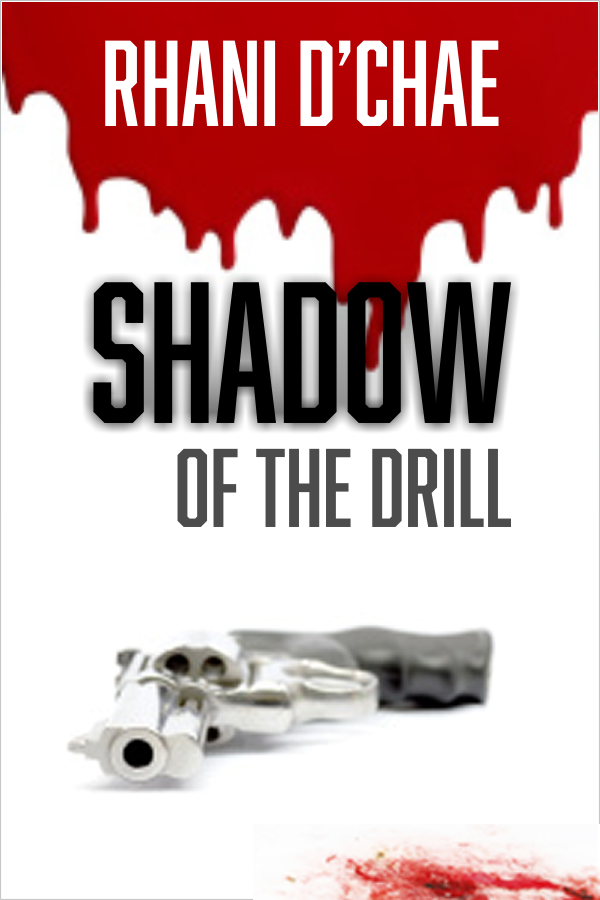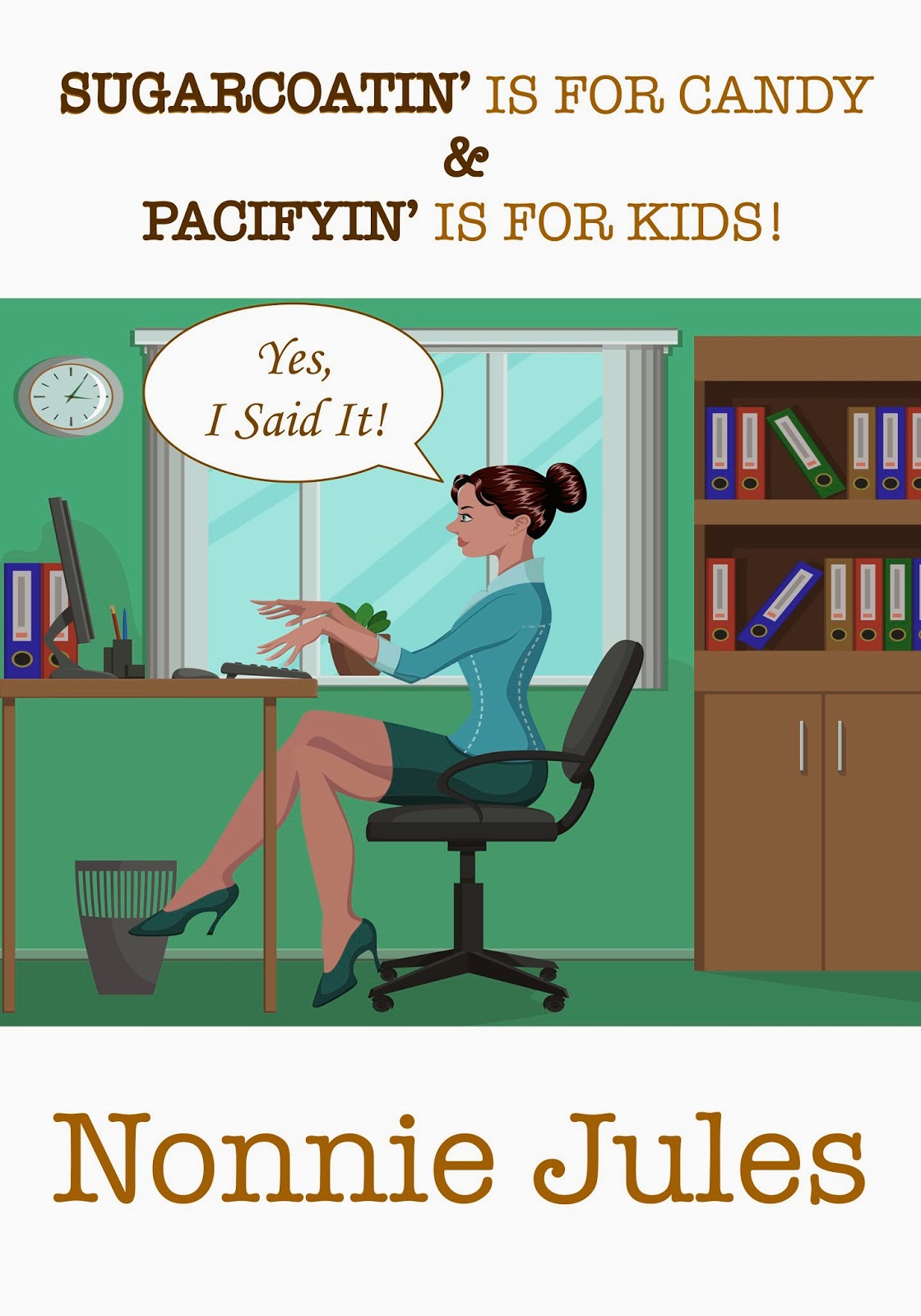Whether you're mainstream or indie, this post is for you.
I’m not talking about proof-reading here. I’m talking comprehensive editing/manuscript critique that examines your work from all angles.
So, why should you bother paying someone like me to edit your novel?
I chose 5 of the most compelling reasons to share with you and we’ll get into them in a moment.
Here’s the deal. EVERYBODY needs some form of outside editing. This should always be done when you've gone over the manuscript so many times that you feel satisfied that it’s finished. Problem is — it isn't finished.
Perhaps you’re skeptical. Perhaps you’re thinking, “But what if the editor rapes my story and tries to change it completely?” or “What if the editor is mean?” or “I think I've got it under control and don’t need help,” or “I’m too cheap.”
Just to address those thoughts real quick:
Editors don’t mess with your voice or try and make your story something it isn't. They simply work WITH you to make it the very best it can be. If you story is crap to begin with, it will be much more attractive crap after the editor gets through with it. If your story is a masterpiece that would make angels weep, the editor will simply polish it up and work WITH you to make your great story an even better possible best-seller.
I can only speak for myself and I am not mean. I will push your comfort zone. I will shell out tough love if you need it. I will NEVER belittle your talent or the amount of work it has taken to get your manuscript to the point at which I begin working on it. I’m an indie author myself and I am passionate about supporting other indie authors.
If you think you've got it covered and don’t want to get professional feedback on your work, then at least get 2 or 3 good beta readers to critique it. Honestly, if you’re not willing to do even this, you have no business publishing.
Now, if you’re too cheap to spring for editing even at my super-low prices, then all I can say is “best of luck” and advise you to make use of any and all free avenues available to you. At the very least you must use 2 or 3 different beta readers. A Goodreads search can find you dozens.
So, now that your concerns are addressed, let’s move on to why you need professional editing:
1. It’s hard to separate yourself from the process and the finished product. What do I mean by that? Well, you've toiled for months or years to produce your shining manuscript. You've read all the books on self-editing, revised, revised, revised again, and you’re proud of the finished product. It’s like parents thinking their kid is the cutest ever. You’re biased. Your reader isn't. Your reader does not care how many hours you've bled soul-juice, typed until you have calluses, or thought so intensely that you gave yourself a headache. You may not see the loose plot threads, the character inconsistencies, the unrealistic dialogue – but your reader will.
"I am a writer and I don't want to hire somebody to tell me that my work is "good" or "bad." I want somebody to grapple with my writing, to see what it does or professes to do and what it fails to do. I want someone to tell me how to make it a heck of a lot better. April does that. She is a unique hybrid of super-reader and writing coach. I never understood the mythical magic of editing and revising that authors referred to until I began working with her." – Davey R Jones, client.
2. You respect self-publishing and are tired of seeing unfinished crap clutter up the virtual bookshelves. I’d say 6 out of 10 indie books I've read were finished, professional quality. I’m part of Rave Reviews Book Club and that’s the source of my indie reads. Just because an author joins an association or club does not mean that their book is ready for print. I've read some amazing indie books through RRBC and I've read some stinkers. In every single case the ones that weren't good were that way only due to lack of professional editing. The stories were creative and original but not well-told. It doesn't matter how amazing/exciting your plot is or how innovative and elegant your prose – if you can’t get the reader through the plot arc or interested in your characters, you’re sunk. A professional editor can save you from this embarrassing situation. As self-publishers, we are pigeon-holed by the mainstream as “unfit for professional publication,” as if our work wasn't good enough to get picked up by the major publishing houses so we settled for indie and unfinished works add to that misconception. That brings me to my next point.
3. You’re going up against big names out there! Every mainstream author’s name you see gleaming back at you in the library or bookstore has an editor. That is a huge competitive edge and one of the reasons I believe self-publishing hasn't become more accepted. As indies we get a percentage of every book sold without a lot of overhead. If you went mainstream you’d get a possible cash advance and a much, much lower percentage of sales – but you’d have a dedicated editor and PR rep. That sounds so attractive and involves so much less work on the author’s part than indie publishing. There’s no right or wrong way to go. With that in mind…
4. Say you’re not interested in indie publishing. You want to be a main-streamer. You still need an editor. Trends today are not in favor of the big publishing houses. Some of them are even requiring authors to pay for their own editing! They've cut cash advances on new authors, slashed royalties and advertising budgets. In the slush piles on every literary agent’s desk there are queries getting rejected every day. Some get accepted. If you can state right there in the query that your manuscript has undergone professional editing, that gives you an edge. It shows that you’re willing to do what it takes to succeed and aren't relying on the publishing houses to carry you like in the old days. Technology has changed everything. That’s great news for you because there are literally thousands of editors freelancing online. Do a Google search and you’ll see… or you could just hire me.
5. Spell checker is NOT FOOLPROOF! Spell check does not know the difference between pray and prey, or from and form. Grammar check is almost completely useless. It suggests that I change the “make angels weep” to “make angels weeps.” WTF? Spell/Grammar check is, at best, flimsy water wings barely keeping your head above water in the vast ocean of novel-writing.
“April was spot-on addressing my editing needs, catching everything from vague miscommunications to missed errors.” – PH Solomon, client
For comprehensive editing I charge $20 per chapter currently. That means that for a 30 chapter book you’ll only pay $600! At 1 cent per word for a 100k word novel you’d pay $1000, and I've never seen prices that low with other editors. That’s a HUGE savings!
I believe the chapter-by-chapter way of doing things is revolutionary and accessible for everyone at any level of their journey. If you can only spare $20 per month that’s fine! I’ll edit one chapter per month. If your chapter is one page long we’ll discuss and negotiate a fair value. If your chapter is 30 pages long, same deal. Most chapters range from 5 to 15 single-spaced finished pages or 10 to 30 double-spaced industry standard manuscript pages.
If you’re a member of RRBC I will do one chapter – any chapter, not just the first one – for free. So if you’re having trouble with one chapter more than any other you can send it my way. Obviously, it’s better if I can view the whole manuscript in order but I believe I will be able to give you valuable feedback nonetheless.
Click here to get started! I look forward to working with you!
















